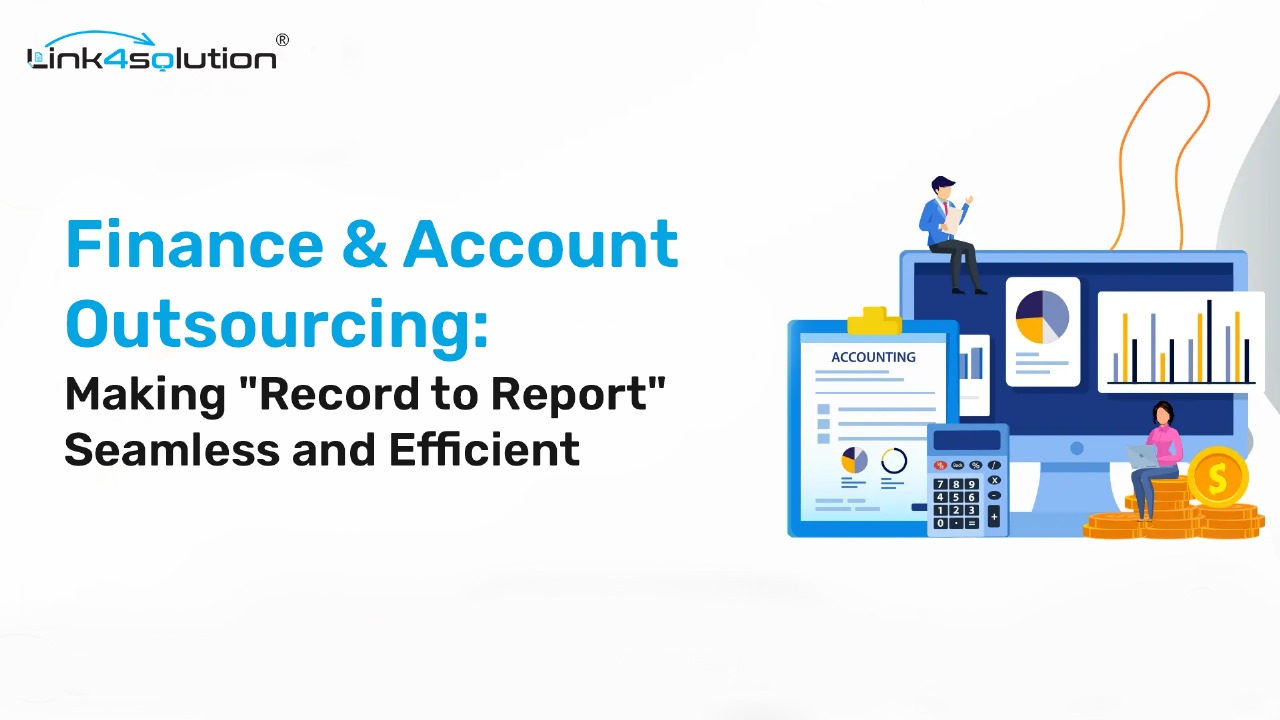Navigating the World of Financial Accounting: Key Services, Principles, and Impact on Business
Financial transactions are meticulously recorded through two primary methods: single-entry and double-entry systems. The single-entry method, straightforward and efficient, is typically favored for smaller tasks and operations. For larger enterprises, the double-entry method reigns supreme, offering a detailed accounting framework that includes a debit and a credit for each transaction. This complexity is essential in large corporations for maintaining balanced books and ensuring the accurate tracking of cash flow, pivotal for identifying discrepancies and potential fraud.
Understanding the Core Types of Financial Accounting
Financial accounting splits into two distinct methods, each with its strategic benefits:
1. Cash Accounting: This method captures the simplicity of financial transactions by recording revenues and expenses exactly at the time cash changes hands.
2. Accrual Accounting: A more nuanced approach where revenues are recognized when earned, and expenses are booked when incurred, irrespective of the actual cash flow. This method adheres to the matching principle, aligning expenses with related revenues to accurately reflect financial performance.
The Five Pillars of Financial Accounting Principles
Dive into the foundational principles that shape the integrity and clarity of financial accounting:
– Revenue Recognition Principle: This principle dictates that revenues are recognized when services are provided, irrespective of when the payment is received.
– Cost Principle: It mandates recording assets at their purchase price, facilitating a consistent and accurate depreciation schedule.
– Matching Principle: This ensures that expenses align with the revenues of the same period, crucial for accurate profit and loss reporting.
– Objectivity Principle: Financial data must be accurate and impartial, backed robustly by documentary evidence like receipts and invoices.
– Full Disclosure Principle: Transparency is key. Financial statements must disclose all relevant information to keep stakeholders well-informed and maintain trust.
Why Does Financial Accounting Matter?
Financial accounting is more than a procedural necessity; it is central to strategic business management:
– External and Internal Communication: It showcases a company’s financial health to external partners and informs internal stakeholders about operational stability and future prospects.
– Benchmarking and Strategic Planning: It enables businesses to compare their performance against peers and helps in identifying strategic improvements.
– Efficient Bookkeeping and Tax Compliance: Precise bookkeeping is essential for organized financial management and simplifies compliance with tax regulations.
– Budgeting and Forecasting: By analyzing past and present financial data, businesses can forecast future trends, aiding in effective budgeting and investment planning.
Governance, Compliance, and Continual Improvement
Robust governance structures ensure adherence to ethical standards and legal requirements, promoting transparency and accountability. The dynamic nature of financial accounting demands continuous improvement, integrating emerging technologies and updating methodologies to remain effective and relevant.
Financial accounting is not just about numbers; it’s about crafting a narrative of a business’s economic reality that informs decisions, drives growth, and fosters trust among all stakeholders




